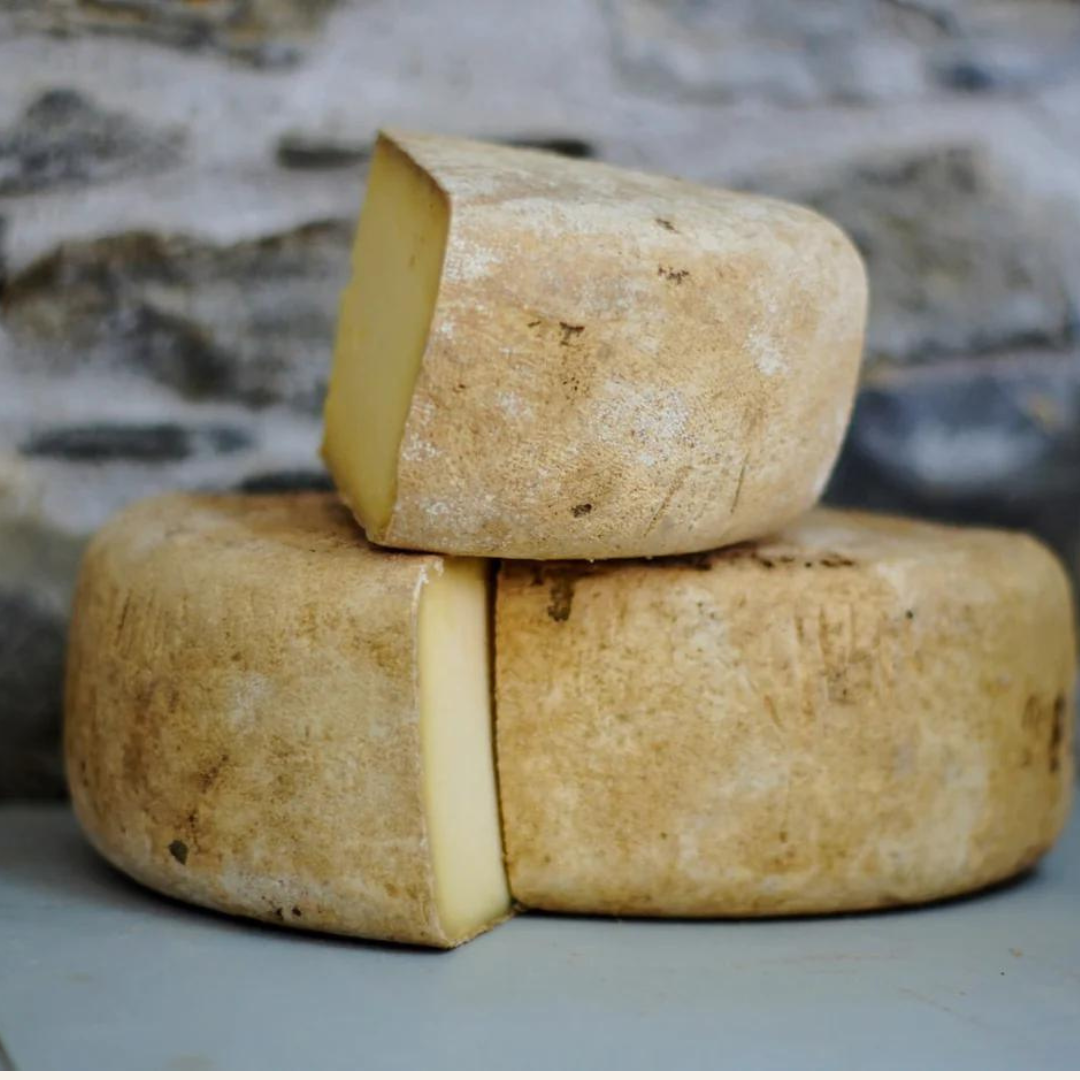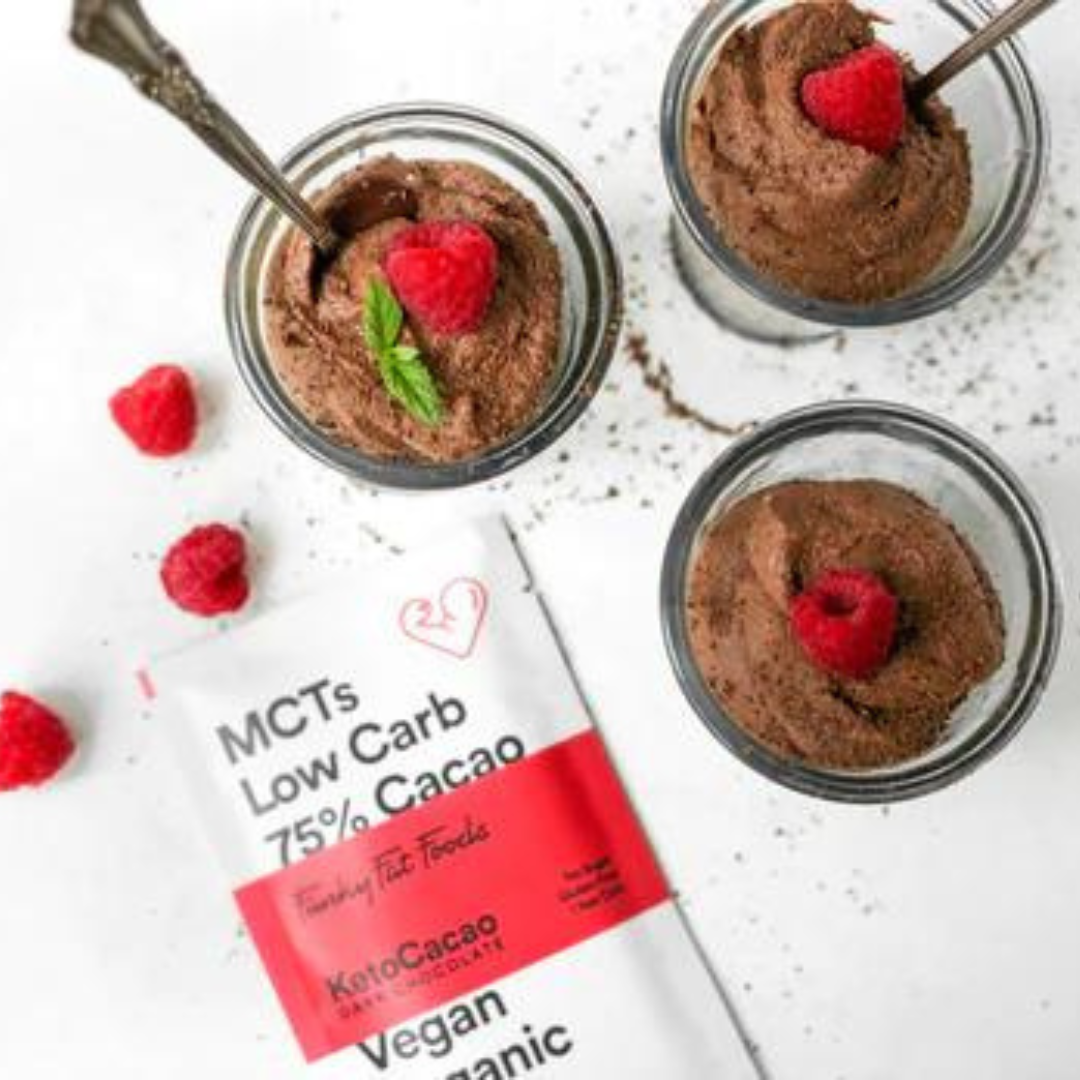Dairy is always a controversial topic when we talk about nutrition and health. Have you ever asked yourself one of these questions?
- Does dairy increase the risk of cancer?
- Is dairy bad or good for me?
- Are there any differences between goats and cows dairy?
Let’s do a review on this and other questions surrounding this topic.
When did we start consuming dairy?
The truth is that we, as humans, only have been eating milk and dairy products since the Neolithic.
This means that most of the time that we have lived on planet earth we have not consumed dairy.
The official recommendations on milk and dairy consumption are based on epidemiological studies (low evidence) and may also have been manipulated by the industry of dairy, one of the most powerful food businesses in the world.
We have evolved as a specie without consuming dairy for exactly 2.5 millions of years. How the hell have we lived without yoghurts, cheese and milk?
In the Paleolithic Era, we survived as hunter-gatherers, which means we just ate what we could find where we lived: plants, tubers, fruits, fish, meat… We were nomads and animals were not domesticated, so we did what we could to feed our tribes.
In the Neolithic era, humans established the first settlements: we were tired of walking and hunting so we decided to stay in the same place for a long time.
We started domesticating animals, cultivating our own foods and also doing less exercise… This is the beginning of agriculture as we know it and cattle raising.
In Europe, milk consumption became very popular throughout the 19th century, since the pasteurization process facilitates the commercialization and distribution process.
Dairy intake has increased enormously in recent years and there is a huge amount of dairy products in supermarkets, growing more and more every day.
But now, after this history lesson, let’s talk about some problems with dairy.
Dairy cons: lactose, casein and inflammation
Most of us think that the problem with dairy is lactose and this is a half-truth.
We can define lactose as the milk “sugar” because that’s what it is: a carbohydrate.
The problem is that lactose tolerance disappears as we age. That happens because we stop producing lactase, the enzyme we need to “break” the dairy carbohydrates.
When we buy a lactose-free dairy product at the supermarket we are buying a lactase-added product, so we can digest it well. Crazy, uh?
It is important to say that lactose-free products have an increased amount of carbs, so if you are on a keto diet, it may not be the best option.
But the real problem with dairy products is a protein called casein. Have you heard of it?
There are two types of caseins in milk:
- Alphacaseins: (S1 and S2) Cow's milk contains mainly S1, one of the most allergenic. It is present in much less quantity in breast milk and other mammals' milk.
- Beta casein: (A1 and A2) Cow's milk contains mostly A1 and A2 is present in breast milk and goat's dairy.
What does this mean?
Caseins from cow's milk usually are more problematic than goat’s and sheep’s milk.
Furthermore, caseins are difficult to digest, so they can hurt your intestinal tract and cause inflammation and autoimmunity issues.
Caseins are also associated with increased production of IGF-1, the insulin-like growth factor. It can cause hormonal disorders and some studies suggest that dairy consumption could be an important factor in the development of hormone-dependent cancers such as breast cancer, endometrial cancer , and prostate cancer.
In Europe, the use of hormones to promote the growth of animals on farms is not allowed, but it is in the United States. In that case, the presence of IGF-1 is much higher. American friends, choose your dairy wisely!
So now you know this... you may have some questions about dairy tolerance, right?
In case you don’t know if you are milk or dairy intolerant I recommend you to do this: stop drinking milk and eating dairy products for a while and pay attention to your digestion (bloating, gas, reflux…), hormones (yep, your menstrual cycle, premenstrual syndrome, acne issues…) and body in general.
How do you feel? Do you think your digestion has improved? No premenstrual syndrome this month?
Ok! Maybe limiting your dairy intake could be a nice option for you.
Anyway, if you have an autoimmune disorder like hypothyroidism, arthritis, coeliac disease, etc. you may benefit from a dairy-free diet.
All autoimmune disorders have the same root cause: inflammation. So limiting or avoiding dairy in your diet could be life-changing. Give it a try!
What about organic dairy?
Organic farming doesn’t allow the use of conventional feeding products or products that have been treated with pesticides or herbicides.
The use of antibiotics is limited as much as possible and growth-promoting substances are not allowed.
Likewise, animals live in natural conditions, so they can spend time on the outside, eating fresh grass and in healthier conditions than stabled animals.
Organic products have less presence of pesticides, antibiotics and other toxic substances for the environment and our bodies.
In a perfect world, we could only eat meat and dairy from grass-fed animals.

( Kefir and other fermented dairy products are best tolerated and work perfectly on a keto diet)
Dairy pros: calcium, vitamin D and fat.
As you may already know, dairy is one of the best sources of calcium but also of vitamin D.
We always focus on a correct dairy intake for calcium absorption but the truth is that calcium cannot fix in the bones without vitamin D. The risk of bone fracture is higher on those with vitamin D deficiency
Nowadays, the lack of vitamin D is called a pandemic by some revisions and studies . The lower intake of vitamin D rich foods like dairy, cod liver oil or mushrooms and less exposure to sunlight are the main causes.
Vitamin D works as a hormone and it’s crucial for your immune system.
Some studies show that there is a correlation between vitamin D deficiency and autoimmune conditions like multiple sclerosis , type 1 diabetes , and even breast cancer.
On a keto diet, dairy can be very useful to make sure you are eating enough fat on your diet. Cheese, cream, full-fat yoghurt and even kefir can be a good option if you don’t get enough fat from other foods to cover your fat needs.
Dairy on a Keto diet: Eat or Avoid?

(Full-fat dairy is the best option on a ketogenic diet)
Dairy is the perfect food to add fat into your keto diet but, as you know now, is not the best option for everyone.
So, first, if you are on a keto diet to improve inflammation or fight the symptoms of an autoimmune disease, you may want to try a dairy-free keto diet.
If you don’t have inflammation issues, then dairy can be a good fat source for you.
I recommend you to do this:
-
Always choose full-fat. Now we have some studies that show full-fat dairy is the best option to lose weight and improve satiety. That is what we are looking for on our keto diet! And no, it is not going to affect your cardiovascular health. Milk is higher in carbs than cheese, for example, so limit its intake or avoid it.
-
Fermented: fermentation decreases and even eliminates lactose. So fermented dairy products are better tolerated: kefir, yoghurt, cheese… Limit cream and other non-fermented dairy.
- Goat or sheep: as we said, goat and sheep milk are less inflammatory than cow’s milk because of the caseines. Goat cheese for the win!
- Organic: fewer pesticides, less toxics, more nutritious!
Now that you know this: Do you eat cheese or other dairy products on your keto diet? What are your favourites? Let us know in the comments below.
Ps: Did you know that ALL of our keto chocolate bars are DAIRY-FREE? Yes! Suitable for vegan and other keto diets.





1 comentario
Roberta
Ghee, expecially from gras fed cows, is an optimal compromise to have the benefits of dairy (vit. D, K and also a source of BHT) without the downsides being pure butter fatt that during the accurate concentration and separation removing water and other components results lactose and casein free ;-) There’s also grass-fed cultured ghee, for those particularly sensitive. You obviously already knew these things but just to let the ones who’re new to this side of nutrition maybe could be useful to repeat it. Thank you for the space given to my comment.
Dejar un comentario
Todos los comentarios se revisan antes de su publicación.
Este sitio está protegido por reCAPTCHA y se aplican la Política de privacidad de Google y los Términos del servicio.